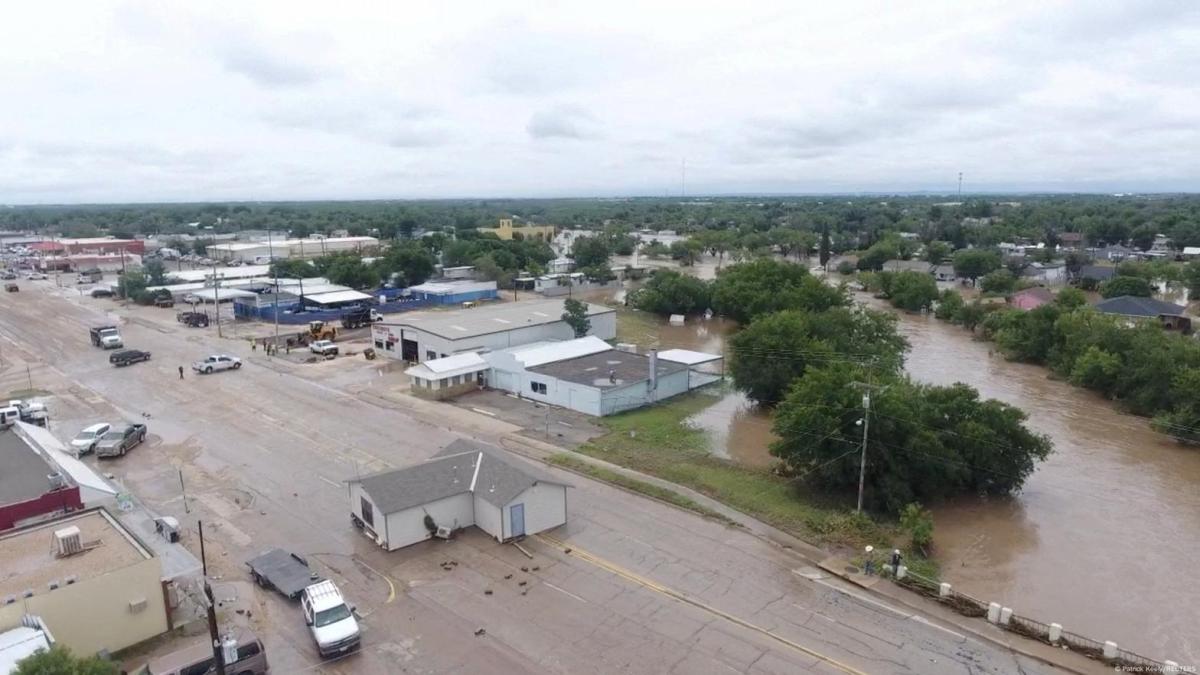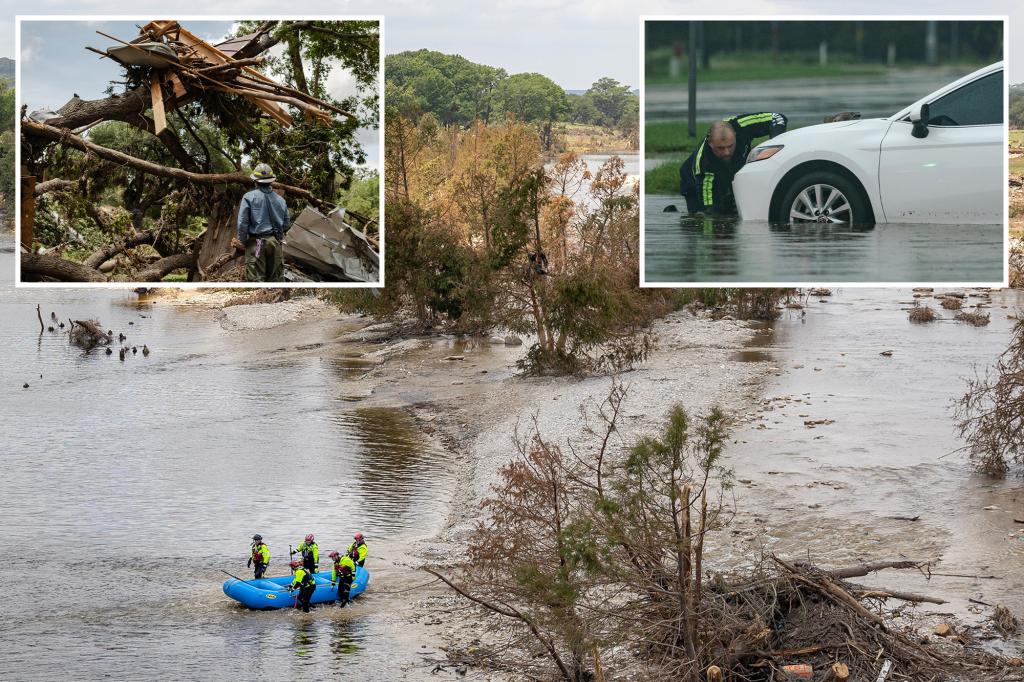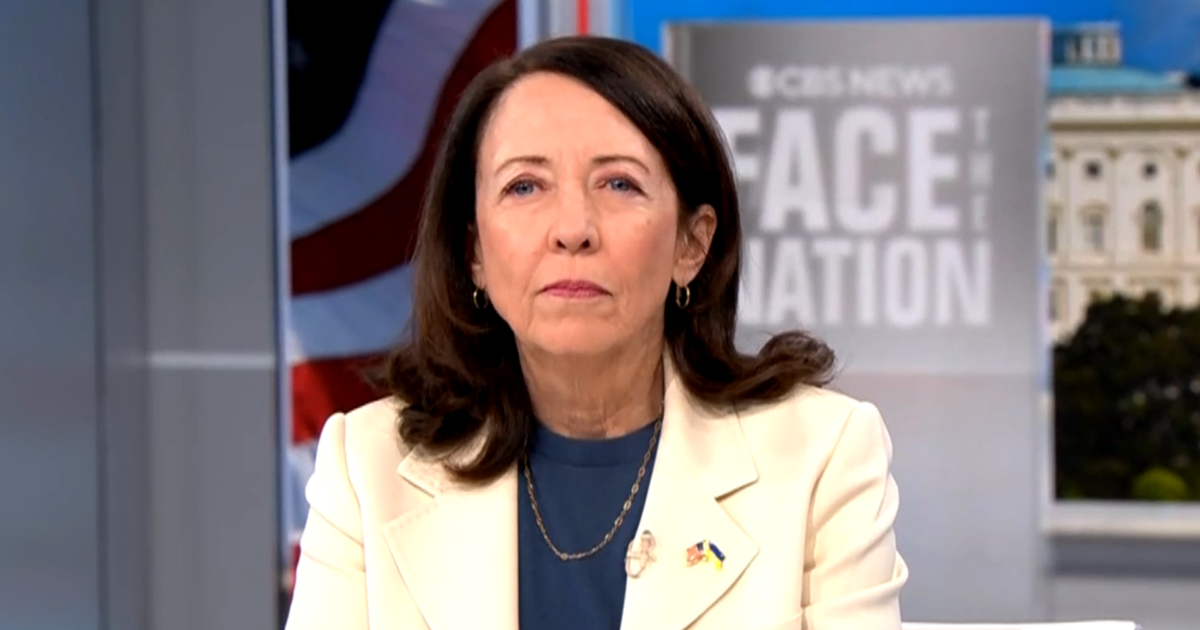The Impact of Climate Change on Global Food Security
Climate change is increasingly threatening global food security, with projections indicating that by 2050, the world will need to produce 70% more food to feed an estimated 9.7 billion people. Experts warn that rising temperatures, extreme weather events, and shifting agricultural zones pose significant challenges to food production, particularly in vulnerable regions.
Understanding the Threat
According to the Food and Agriculture Organization (FAO), climate change is already affecting agricultural productivity in various ways. Crop yields are declining in many regions due to droughts, floods, and unpredictable weather patterns. For instance, the FAO reported that wheat yields in some parts of South Asia have decreased by up to 20% as a result of extreme heat events.
In a recent interview, Dr. Maria Thompson, an agricultural economist at the International Food Policy Research Institute, stated, “The implications of climate change for global food security are profound. Regions that are already food insecure are likely to face even greater challenges as climate conditions continue to deteriorate.”
The Statistics Behind the Crisis
Research from the Intergovernmental Panel on Climate Change (IPCC) suggests that by 2030, climate change could push an additional 122 million people into extreme poverty, primarily affecting rural communities dependent on agriculture. Key statistics include:
- Projected decline in crop yields of 10-25% by 2050 due to climate impacts.
- Over 500 million people may experience increased hunger and malnutrition.
- By 2030, an estimated 1.5 billion people may live in regions with severe water scarcity, impacting irrigation.
These figures illustrate the urgent need for global cooperation and innovative approaches to adapt to changing climatic conditions.
Regional Perspectives on Food Security
Food security challenges vary significantly across different regions. In sub-Saharan Africa, where agriculture is predominantly rain-fed, climate change has already led to widespread crop failures. Conversely, some areas in Northern Europe may see short-term benefits from longer growing seasons, but these are unlikely to offset the global challenges.
In the United States, droughts in the Southwest and Midwest threaten major crops such as corn and soybeans. John Miller, a farmer from Iowa, expressed his concerns: “We’re seeing unpredictable weather patterns that make it harder to plan for planting and harvesting. If we can’t adapt, we risk losing everything.”
Strategies for Mitigation and Adaptation
In response to these challenges, different sectors are exploring various strategies to enhance food security. Key approaches include:
- Innovative Agricultural Techniques: Precision farming and genetically modified crops are being researched to increase resilience against climate variability.
- Water Management: Improved irrigation techniques and rainwater harvesting can mitigate the effects of drought.
- Diverse Crop Systems: Planting a variety of crops can reduce risk and improve soil health.
Dr. Aisha Patel, a climate scientist at the World Resources Institute, emphasizes the importance of these strategies: “We must embrace innovation in agriculture while also considering traditional practices that have sustained communities for generations.”
The Role of Policy and Global Cooperation
Effective policy frameworks are essential for addressing food security in the face of climate change. Policymakers must prioritize sustainable agricultural practices and invest in climate-resilient infrastructure. International agreements, such as the Paris Agreement, aim to unify global efforts to combat climate change and its effects on food production.
Furthermore, collaboration among governments, non-governmental organizations, and the private sector is crucial. Initiatives like the Global Alliance for Climate-Smart Agriculture seek to promote sustainable farming practices that enhance productivity while reducing greenhouse gas emissions.
Future Outlook: A Call to Action
As climate change continues to impact food security globally, the urgency for action becomes increasingly apparent. Without significant efforts to mitigate its effects, millions may face hunger and malnutrition in the coming decades. Stakeholders across all sectors must unite to develop and implement sustainable practices that protect food supplies.
In conclusion, addressing the intersection of climate change and food security is not just a challenge but an opportunity to innovate and create resilient agricultural systems. The time to act is now, as the choices made today will shape the future of food for generations to come. Individuals, communities, and policymakers must engage in proactive measures to ensure that everyone has access to sufficient, safe, and nutritious food.
For those interested in contributing to solutions for food security, consider supporting local sustainable agriculture initiatives or advocating for climate-friendly policies in your community.



